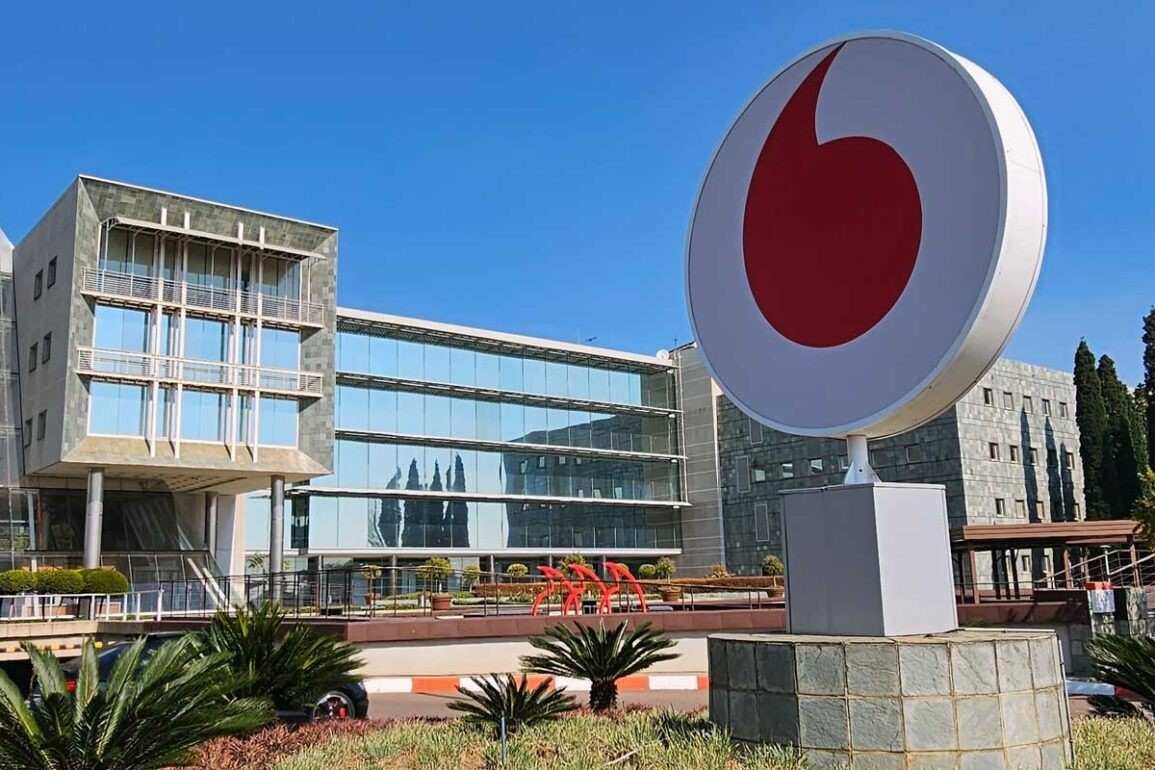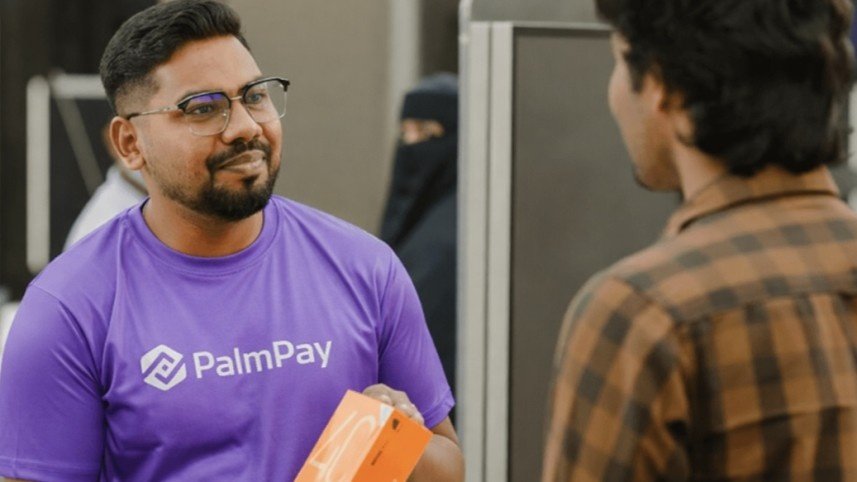Vodacom’s shares surged by as much as 8.6% after the telecom giant reported higher revenue for the three months ending in December, with Egypt continuing to be a standout performer for the group.
Group revenue increased by 1.6% to R39.5bn, bolstered by a stronger rand, and rose 12.6% on a normalised basis, which accounts for constant currency adjustments and excludes mergers, acquisitions, and disposals.
On a normalised basis, service revenue growth accelerated to 11.6%, surpassing the group’s medium-term target. However, reported service revenue was down 1.4%.
Vodacom’s South African operations posted a 4.7% revenue growth to R23.86bn, with service revenue up 3.2%, driven by prepaid services. This solid performance helped boost market sentiment, with Vodacom’s shares reaching R119.31 in morning trade and closing 5.68% higher at R116.11. Over the past year, the stock price has risen by more than 24%.
The JSE’s largest mobile operator by market capitalization, valued at R241bn, has faced volatility similar to its sector rival, MTN, since acquiring Vodafone’s Egyptian operations. The Egyptian pound has depreciated by about 40% against the US dollar in the past year, affecting Vodacom’s earnings.
Despite currency challenges, Vodacom remains optimistic about the underlying performance of its operations. Egypt’s revenue reached R7.77bn, up 54.9% on a normalised basis, but down 7.5% reported. The Egyptian business saw a 44.3% growth in service revenue in local currency, with financial services revenue also showing improvement.
Vodacom’s international service revenue increased by 1.4% to R7.8bn, and 7% on a normalised basis, though it was impacted by the strength of the rand and pressures in Mozambique.
The group’s financial services revenue grew 5.7% to R3.6bn, and it processed $437.7bn through its mobile money platforms, including Safaricom, over the past 12 months.
CEO Shameel Joosub expressed confidence in the group’s second-half performance, noting that while currency headwinds persist in some markets, the strategic focus has resulted in resilient operational outcomes. Recent currency market stability, particularly in Egypt, provides hope for improved performance in the year ahead.
The group’s performance was bolstered by accelerated growth in South Africa’s prepaid market and strong results from Egypt and Tanzania. However, operations in Mozambique faced challenges due to post-election tensions since October 2024.
Vodacom also marked key milestones, such as its partnership with Orange in the Democratic Republic of Congo to enhance rural coverage, launching M-Wekeza in Tanzania to make investments more accessible, and introducing a cloud-based handset to reduce smartphone costs in South Africa.
Joosub highlighted the group’s commitment to digital and financial inclusion across its footprint, including Safaricom, serving over 210 million customers, with plans to connect the next 100 million Africans to the digital economy. Ethiopia, the continent’s second-largest country, is expected to play a crucial role in this growth, with Vodacom’s customer base there growing by 63.6% to 7.1 million.
Vodacom is also on track to achieve its medium-term goal of generating 25%-30% of its service revenue from beyond mobile services, which include digital, financial services, fixed, and IoT. These now contribute 21.4% of the group’s total, delivering R6.6bn in service revenue for the quarter.















